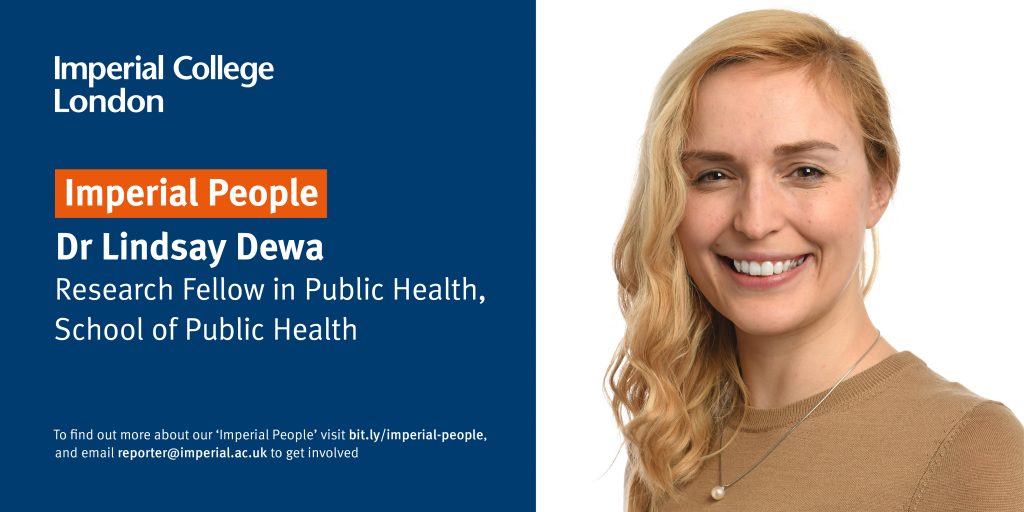
“We worked together with young people to conduct a mixed methods study to understand how COVID-19 lockdown has affected their mental health and how they are coping.”
Woof! I start my day as I did before the UK lockdown began – with a stare from Baxter. Baxter – our border terrier – has really improved my wellbeing through lockdown. Keeping to our routine of walks, dinner and play has given me company through the lockdown, when it was not possible to see my partner, friends or family.
As a Mental Health First Aider, I’ve reached out to friends, family and colleagues to make sure they are okay, and they’ve checked in on me too! We have all been there for each other. Looking after your own wellbeing is so important. Dog walks, drawing and good sleep are ways that I’ve kept mentally well.
Sleep has always been important to me. I completed my PhD at the University of Manchester in 2017, which explored how people were sleeping in UK prisons. When I finished, I moved to London and joined the NIHR Patient Safety Translational Research Centre (PSTRC), Institute of Global Health Innovation at Imperial to become a Research Associate in their mental health arm.
Since then, now as a research fellow, I’ve been working hard to put mental health at the top of the agenda at Imperial, using mixed methods approaches and working with people with experience of mental health difficulties as research partners, not participants. Working together through all stages of the research project is called co-production.
Despite the COVID-19 lockdown, we continued to co-produce our project called CCopeY. We worked together with young people to conduct a mixed methods study – national survey first and then in-depth interviews – to understand how COVID-19 lockdown has affected their mental health and how they are coping during lockdown. Some young people have really struggled with their mental health during lockdown and yet most have found a way to cope – maintaining a routine, using distraction techniques and being outside were identified as key strategies.
Usually I interview people face-to-face, but I was able to push this project forward despite working from my spare bedroom by using different innovative techniques and technologies. For example, we have used Microsoft Teams to conduct our interviews, Jamboard to collate ideas on virtual post-it notes and Trello to change, edit and move “codes” taken from our interviews. Technology has really helped life, connection and my research continue.